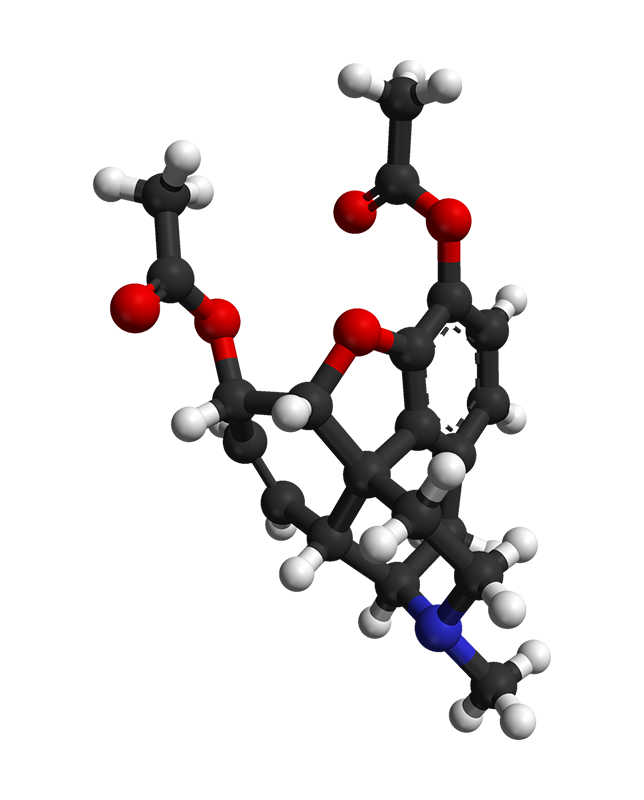
What are treatment options for opioid use disorder?
There are several treatment options, including medication.
People with opioid use disorder and those who use heroin have several treatment options if they want help. Substance use disorder treatment involves professionally delivered psychosocial treatment and/or medications to reduce problematic drug use and improve health and quality of life. These services are provided in a variety of settings. This includes specialized treatment facilities like outpatient, inpatient, or residential centers. It can also include medical settings, such as hospitals and clinics. We at DPA believe that people should be able to choose the options that work best for them.
Of these treatments, medication assisted therapies have proven to be the most effective forms of treatment for opioid use disorder. There are 3 medications approved by the Food and Drug Administration (FDA) to treat opioid use disorder. These are methadone, buprenorphine (e.g., Suboxone), and naltrexone (e.g., Vivitrol).
Methadone is seen as the “gold standard” treatment for opioid use disorder. Research has shown for decades that it helps people to cut down on street opioids. It also helps patients to gain stability in their lives so they can reach their goals. To obtain methadone in the U.S., patients must visit special clinics. Due to strict regulations, most patients are required to be observed while taking their doses there, on a daily or near-daily basis.
Buprenorphine is a medication with similar benefits to methadone. Patients do not need to visit specially regulated clinics to obtain buprenorphine. However, until the recent passage of the MAT Act in Congress, medical professionals had to undergo additional training and get a special DEA waiver, commonly called the X-waiver, in order to prescribe buprenorphine.
Research shows that patients who take methadone or buprenorphine are less likely to experience cravings and withdrawal and are less likely to overdose than people who do not take these medications for their opioid use disorder.
The research on naltrexone is more mixed, but it can be helpful for some people who voluntarily choose this option.
